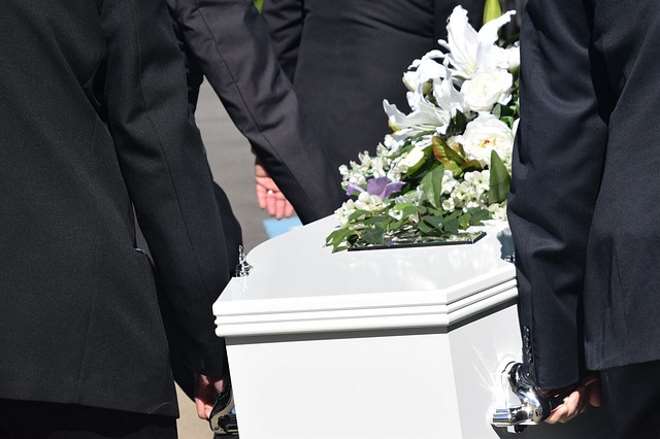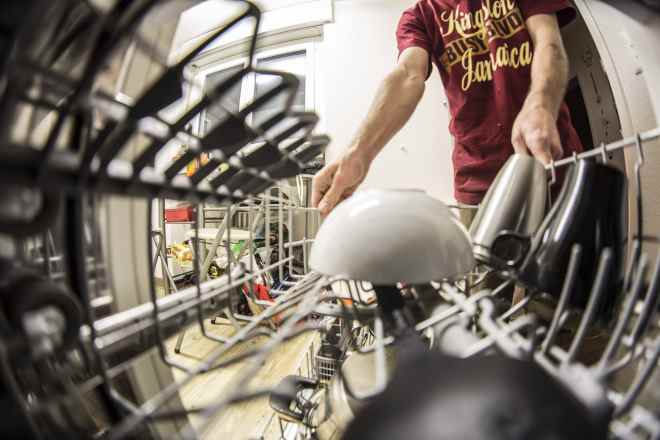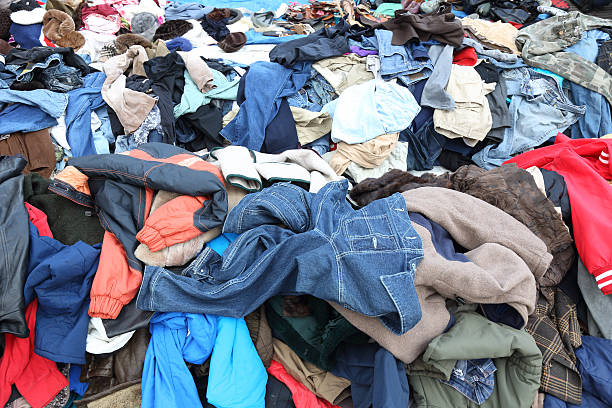Key Considerations When Arranging a Funeral in Australia
In Australia, funeral customs are shaped by a wide range of cultural backgrounds, reflecting the diversity of the population. Services may include religious traditions, indigenous practices, or more modern approaches that focus on personal remembrance. Families often combine traditional elements with contemporary arrangements, making each ceremony unique and meaningful. By understanding the cultural variety, people can better appreciate the options available for respectful farewells.

Understanding Funeral Planning Requirements
Funeral planning in Australia begins with understanding mandatory legal requirements that vary by state and territory. A death must be registered with the relevant births, deaths and marriages registry within a specified timeframe, typically between 3-7 days depending on your location. You’ll need a medical certificate of cause of death from a doctor or coroner, which is essential for obtaining permits for burial or cremation.
The funeral director typically handles much of the paperwork, but families should understand what documents are required. These include identification of the deceased, marriage certificates if applicable, and any pre-existing funeral arrangements or insurance policies. Some states require additional permits for certain burial locations or if the deceased is to be transported across state borders.
Evaluating Funeral Costs and Financial Options
Funeral costs in Australia can vary dramatically depending on location, service type, and personal preferences. Basic funeral services typically start around $4,000-$6,000, while more elaborate services can exceed $15,000-$20,000. These costs include professional services, transportation, facilities, and basic funeral products like coffins or urns.
Additional expenses often include cemetery plots, headstones, flowers, catering, and celebrant fees. Many families underestimate these supplementary costs, which can add several thousand dollars to the total expense. Payment options include using existing savings, funeral bonds, or arranging payment plans with funeral directors. Some families also utilise government assistance programs available for eligible individuals.
Choosing Between Local Services in Your Area
Finding appropriate funeral homes in your area requires research into their services, reputation, and pricing structure. Australian funeral homes range from large corporate chains to small family-owned businesses, each offering different service levels and specialisations. Some focus on traditional religious ceremonies, while others specialise in contemporary celebrations of life or specific cultural practices.
When evaluating local funeral homes, consider their experience with your specific needs, availability during your required timeframe, and their approach to customer service during difficult times. Many funeral homes offer pre-planning consultations, allowing families to make decisions in advance rather than during immediate grief. Location convenience is also important, as families will need to visit multiple times for arrangements and ceremonies.
Understanding Funeral Insurance Australia Options
Funeral insurance Australia policies are designed to cover funeral expenses and reduce financial burden on families. These insurance products typically offer coverage between $5,000-$25,000, with premiums paid monthly or annually. Policies may include waiting periods, age restrictions, and specific conditions about coverage increases over time.
Different types of funeral insurance include stepped premiums that increase with age, level premiums that remain constant, and capital guaranteed policies that ensure premiums paid don’t exceed the benefit amount. It’s important to compare policies carefully, as some may have exclusions for pre-existing conditions or specific circumstances of death. Many insurers also offer funeral bonds as alternatives to insurance, which function as investment products specifically for funeral expenses.
Exploring Cremation Services Australia Wide
Cremation services Australia have become increasingly popular, with approximately 70% of Australians now choosing cremation over burial. Cremation costs are typically lower than burial expenses, ranging from $1,500-$4,000 for basic services, though memorial services and urn selection can increase total costs.
Australian cremation services must comply with strict environmental and operational regulations. Families can choose from various urn options, memorial services at crematoriums, or alternatively, private ceremonies at other locations. Some crematoriums offer additional services like webcasting for distant relatives, memorial gardens, or columbarium niches for permanent urn placement.
| Service Type | Provider Example | Cost Range | Key Features |
|---|---|---|---|
| Basic Burial | InvoCare Limited | $8,000-$12,000 | Traditional service, basic coffin, cemetery fees |
| Basic Cremation | Propel Funeral Partners | $4,000-$7,000 | Simple service, standard urn, crematorium fees |
| Direct Cremation | Bare Cremation | $1,800-$2,500 | No ceremony, basic container, family collects ashes |
| Premium Service | Local Family Funeral Homes | $12,000-$20,000+ | Full service, premium products, extended facilities |
Prices, rates, or cost estimates mentioned in this article are based on the latest available information but may change over time. Independent research is advised before making financial decisions.
Making Informed Decisions During Difficult Times
The funeral arrangement process requires balancing emotional needs with practical considerations and financial constraints. Take time to consider what would best honour your loved one while remaining within your means. Many families find it helpful to involve multiple family members in decision-making and to ask funeral directors to explain all options and associated costs clearly.
Consider whether the deceased had expressed any preferences about their funeral arrangements, and try to incorporate these wishes where possible. Remember that meaningful tributes don’t always require expensive services, and many memorable funerals focus on personal touches rather than costly additions. Document all arrangements and costs to ensure transparency among family members and to assist with any insurance claims or estate settlements.
Arranging a funeral in Australia involves balancing legal requirements, financial considerations, and personal preferences during an emotionally challenging time. By understanding the key considerations around planning requirements, costs, local services, insurance options, and cremation services, families can make informed decisions that appropriately honour their loved one. Taking time to research options, compare services, and understand all associated costs helps ensure that funeral arrangements meet both practical needs and emotional requirements while remaining financially manageable.




